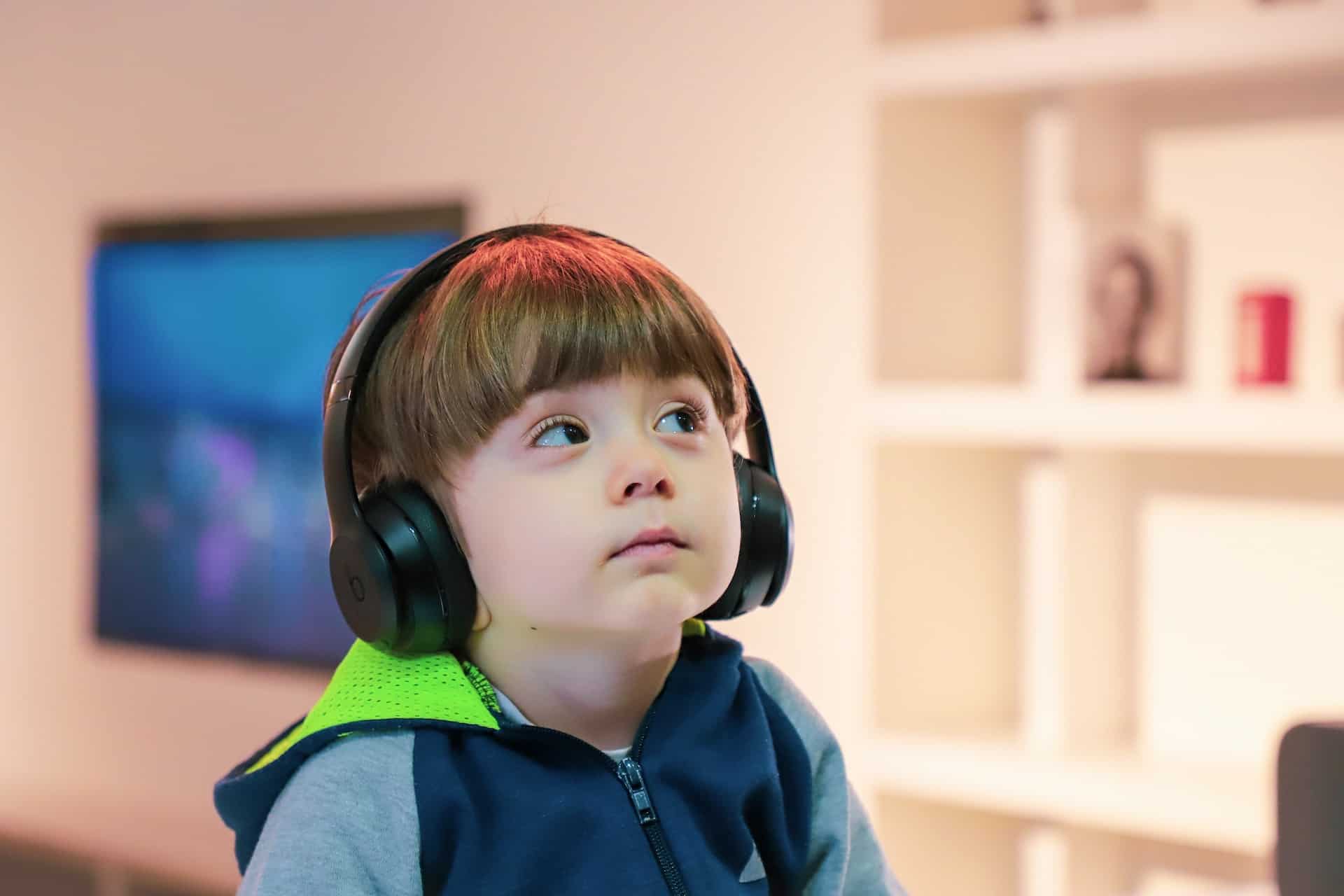Most children who have autism are diagnosed by the time they are three years old. This is a bounty in psychological diagnostics and a great opportunity for parents and carers to offer early intervention.
While the severity of the autism will impact this, for some parents, it is worth noting that there is nothing to stop you from teaching your child some independence as they get older.
Of course, with a child that has autism, it is likely to be a bit tougher, but it can go a long way to helping them on the road to adulthood and helping you and them to bond. So, how do you achieve this?
Encourage Communication and Social Skills
Social skills are important for children at a baseline, let alone for children who may have the issues associated with autism.
Being able to communicate will help them to vocalize what they want and what they need and will also take the guesswork out of communicating with them, leading to a better long-term outcome.
There are many apps that are aimed at the parents of autistic children, such as Autism 360, that can help you to improve the communication that you have with your child, as well as show you how to better develop their social skills. Great!
Foster Life Skills Development
It is important for children who have autism to be able to take care of themselves.
In this sense, they will need to learn how to wash, brush their teeth, comb their hair, and get dressed. These are basic life skills that, unless your child is extremely autistic, can be taught to them at an age-appropriate time.
The best way to do this is with lists and demonstrations; for example, show the child how to brush their teeth and then reward them with a tick on a chart. Make all of the activities fun, and then applaud them for completing the task. If a day arises when they aren’t able to do the task due to an issue with their mood, don’t force it, as this will likely make them resentful.
Promote Self-Advocacy
It is important for children, in general, to be able to self-advocate and express their needs and wants. If a child has autism, it can be hard for them to own their emotions or needs, so try to encourage them to do this in a healthy way.
Too many parents of autistic children are aware that when a child who ASD is not able to vocalize their needs, they are more likely to have a meltdown, which is something that is best avoided for their emotional health.
As tempting as it is, try to avoid jumping in and speaking for them unless they cannot speak, of course. Jumping in to talk for them can cause them to regress and become more dependent on you, which is not the goal here!
Gradually Increase Responsibilities
It is important to start with the gradual introduction of responsibilities with children, especially if they have a diagnosis of autism spectrum disorder.
So, aim to start with age-appropriate tasks, such as cleaning a room, putting clothes away, or putting their toys away. As they become more confident with this skill set, aim to increase the responsibility and always offer them guidance. That way, they will know what is expected of them and will be able to signify if they need help.

